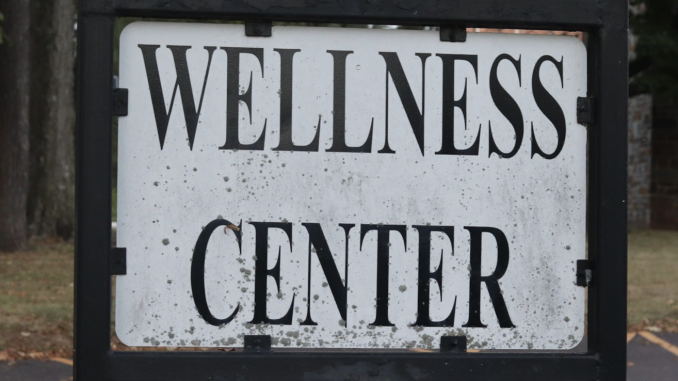
Tatiana Kent takent@ursinus.edu
College students nation-wide are in crisis. According to a study in the Journal of Affective Disorders, last school year, over 60% of us met the criteria for at least one mental health problem. According to the American College Health Association, three quarters report moderate or severe psychological distress. As our hours of daylight shrink, our moods plummet and seasonal affective disorder sets in for many. Odds are, you’ve skipped a class (or five) over the past few weeks because you needed to catch up on homework, or you simply just didn’t have the energy to go. We’re at a point in the semester where our lives have become consumed with school. There’s so little time to pursue hobbies, hang out with friends, or even sleep. Many students are so defeated they don’t even have the energy to try in class anymore.
For some classes, attendance isn’t very important. In others, it’s a huge part of your grade. Students should not be forced to choose between academic success and mental well-being. Twelve U.S. states have already implemented a solution. They’ve implemented bills allowing students to use mental health as a valid absence excuse. Senate Bill 506 here in Pennsylvania would allow K-12 students to take up to two mental health days per semester with permission from their parents. If Ursinus truly wants to help its students, our administration should follow suit and allow students to miss a set limit of class days with zero penalty.
Opponents might say that this will decrease our school performance, but the reality is that the more intensity and pressure we feel, the more our grades will fall. Mental health issues often cause a loss of focus, which negatively impacts class performance. Students would perform much better if they were allowed the time to fully rejuvenate. We are adults and should have a say in how our education is structured.
Others might say that such a policy wouldn’t be preparing us for the “real world.” These ideas are rooted in antiquated beliefs of what the job market is actually like in the 2020s. More people than ever before are working fully or partially remote, setting their own schedules. This is a reality higher education needs to acknowledge, as well as the fact that part of the college experience is learning to care for ourselves without our parents. Just like we learn to file our taxes, we also must learn to regulate our own emotions. It’s difficult to do that under an academic system that prioritizes grades first and foremost.
The college experience shouldn’t revolve around trying to get straight As. College is a time for us to meet new people, step out of our comfort zones, and grow as individuals. Students can’t do that if they’re drowning in anxiety. For our campus to be a truly connected community, we must focus on mental health and let our students take days off.
